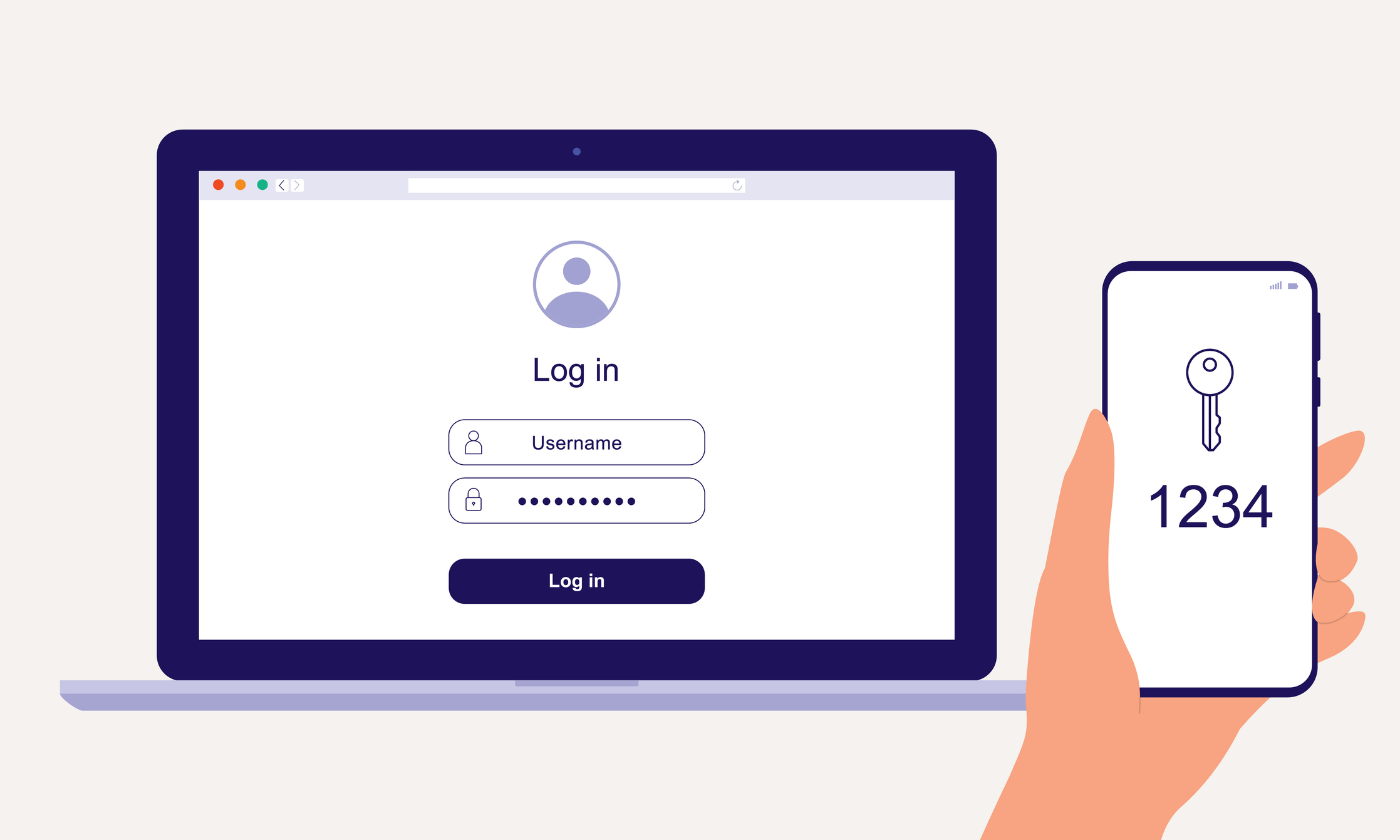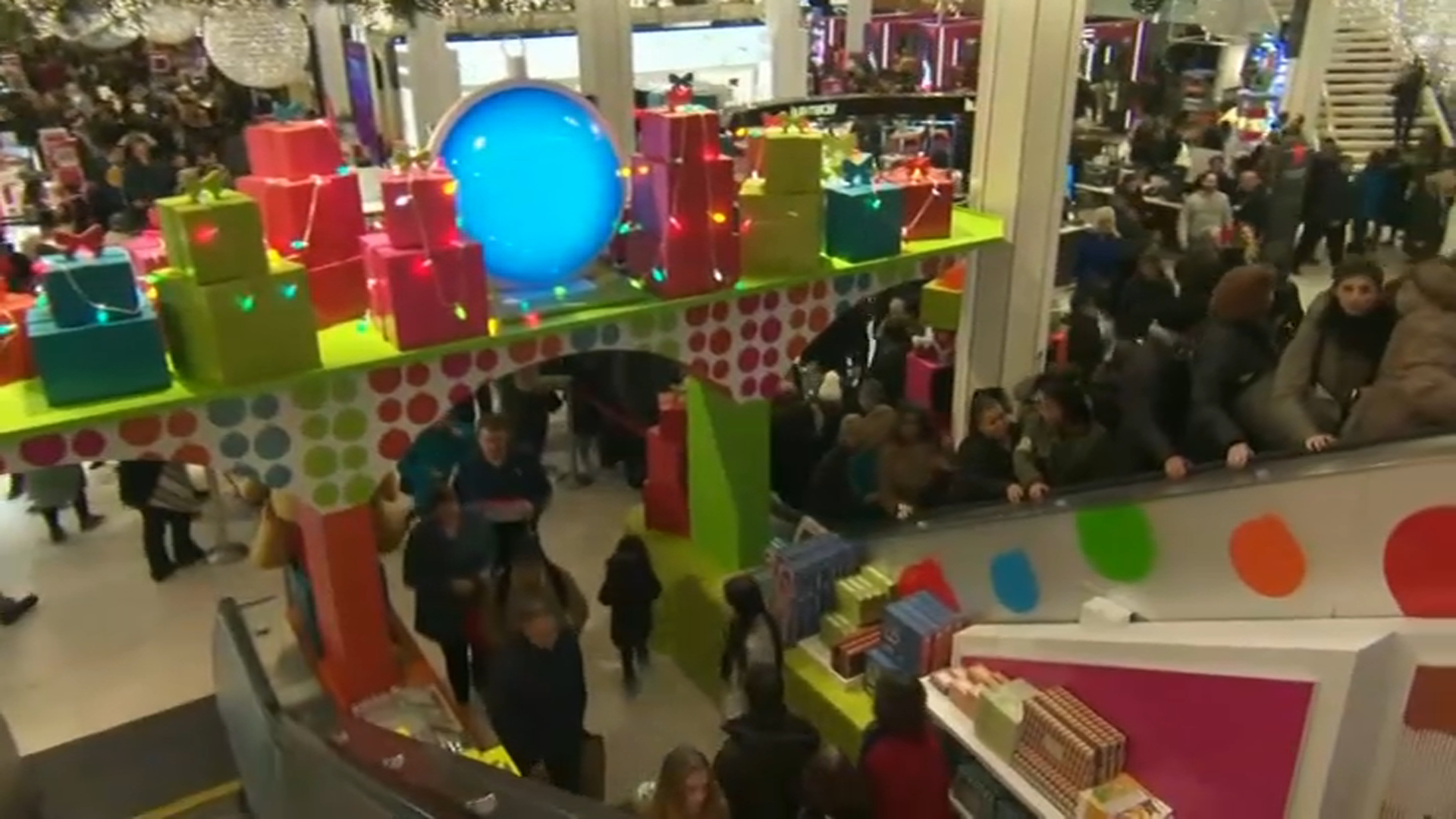Massachusetts Sen. Elizabeth Warren came down hard on the payment network Zelle and the banks that own it in a report released by her office on October 3.
She said reports of scams and frauds on Zelle are surging and banks have refused to refund customers for most of their losses.
STAY IN THE KNOW
Watch NBC10 Boston news for free, 24/7, wherever you are. |
|
Get Boston local news, weather forecasts, lifestyle and entertainment stories to your inbox. Sign up for NBC Boston’s newsletters. |
NBC10 Boston Responds recently heard from three women who were the victims of the same bank scam.
“I fell for it. Everything sounded legitimate,” said Kristen Tardi of Dartmouth.
Get top local stories in Boston delivered to you every morning. Sign up for NBC Boston's News Headlines newsletter.
"The phone call probably lasted 10 minutes, “ said Elise Carlson of Hopkinton. “$3,500 gone in 10 minutes. It was a nightmare."
"I started to cry. I was so upset, I couldn’t believe it," Tanya Harbick of Beverly said.
All three of them are Bank of America customers, who lost $3500 in a bank scam. They got a text alert about fraudulent charges on their accounts, followed by a phone call that appeared to be coming from the bank.
Consumer
"I got a call, it popped up as Bank of America on my caller ID and the guy said he was from the fraud department," Tardi said.
"They kind of walked me through what had happened,” explained Harbick. "There was some fraud where somebody was trying to send money via Zelle to themselves. And the only way for us to fix it was to manually deposit the money back into my account."
"Reverse transferring is what he said," said Carlson. "A manual transfer to reverse it back to yourself. And I'm panic mode so I'm like, you can tell me to do anything right now and I will do it."
It's called the "pay yourself" scam, and Bank of America recently issued an alert about it. The fraudster spoofs the Bank of America phone number so it looks like the bank is calling you, then offers to help stop the alleged fraud by asking you to send money to yourself with Zelle.
The scammer asks for a one-time code you just received from the bank, and then uses it to enroll their bank account with Zelle using your email or phone number. In doing that, they give themselves the ability to receive your money into their account.
Think you wouldn’t fall for it? The three women said it was very convincing.
"They know what they're doing for sure," said Tardi.
“I don't know if he was reading off a script, but it was everything that he said sounded correct. It sounded confident. It sounded right. There was no there was nothing for me to question during that phone call,” added Harbick.
“He was even laughing with me like so sociable, so normal. It was so normal,” said Carlson.
All of the women filed fraud claims with Bank of America, which were denied, and appealed the denials. Carlson was surprised to see the money show up in her account weeks after she was told she wouldn’t be reimbursed.
We contacted Bank of America about Harbick and Tardi’s claims, and Harbick said the money appeared in her account days later. But Tardi was not reimbursed.
"It's just aggravating. And I've been a customer for so long, like, at least 10, 11 years," she said. "It's kind of just defeating."
We asked Bank of America why they only refunded two of the three women who were victims of the same scam and a bank spokesperson told us they "review and evaluate every claim based on the individual circumstances and clients can always request an additional review if they disagree with the initial decision."
Bank of America also tells us:
It’s unfortunate when people fall for scams like this and send money to scammers posing as a legitimate businesses. We alert clients during the transaction if they are sending money to a new recipient that they should only send to people they know and trust and never transfer money as a result of an unexpected call or text.
Additionally, they say: BEWARE: Bank of America will never ask you to transfer money to anyone, including yourself. Don’t transfer money as a result of an unexpected text or call’. To move forward with the transaction, they need to click OK. We also have a number of measures in place to proactively warn clients about scams, and we periodically reach out to customers with information about how to stay safe and avoid scams.
In addition, we post warnings about scams on our Security site (https://www.bankofamerica.com/security-center/avoid-bank-scams/).
Zelle tells us:
Over the past year and a half, Zelle® has been working with Nev Schulman, director and producer on MTV’s Catfish, to help inform consumers of scams. Most recently, we spotlighted this specific scam, in a Tik Tok video, which can be found here.
And Zelle offered the following tips to help consumers:
- Spoofed texts or caller ID: If you receive a text or call from someone claiming to be your financial institution, make sure to independently verify they are legitimate by hanging up and calling a number found from a reputable source – website, back of your bank-issued debit or credit card, paper invoice, etc.
- Avoid sharing personal details online.
- Never share one-time passcodes sent to you by your bank with anyone.
- Sign up for text or email alerts your bank offers.
- Immediately contact your bank if you suspect unauthorized activity.
Be sure to check out your bank’s website for more information on avoiding scams, and Google 'bank scams" or check out information provided by The American Bankers’ Association at www.banksneveraskthat.com.
The best thing you can do to protect yourself is to educate yourself about these scams, so you know what to look out for if you are targeted by a fraudster.



